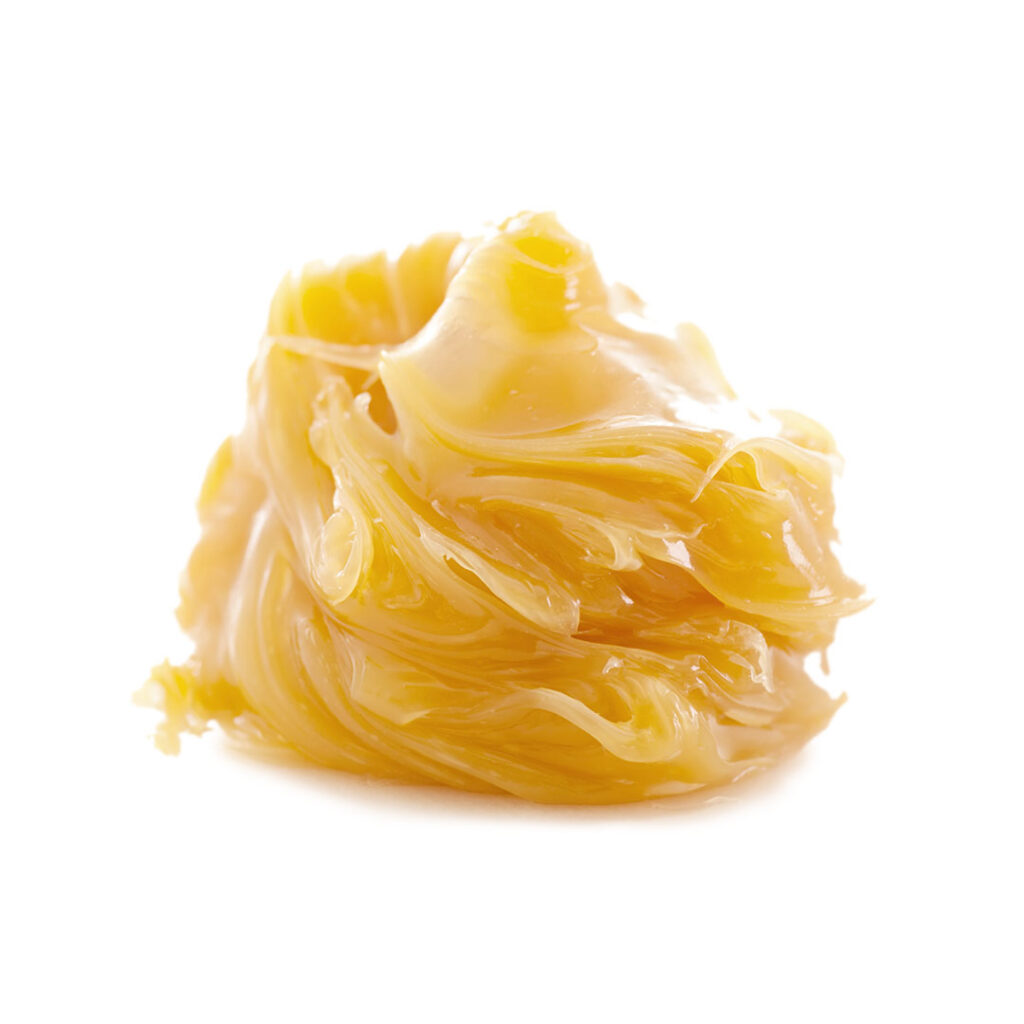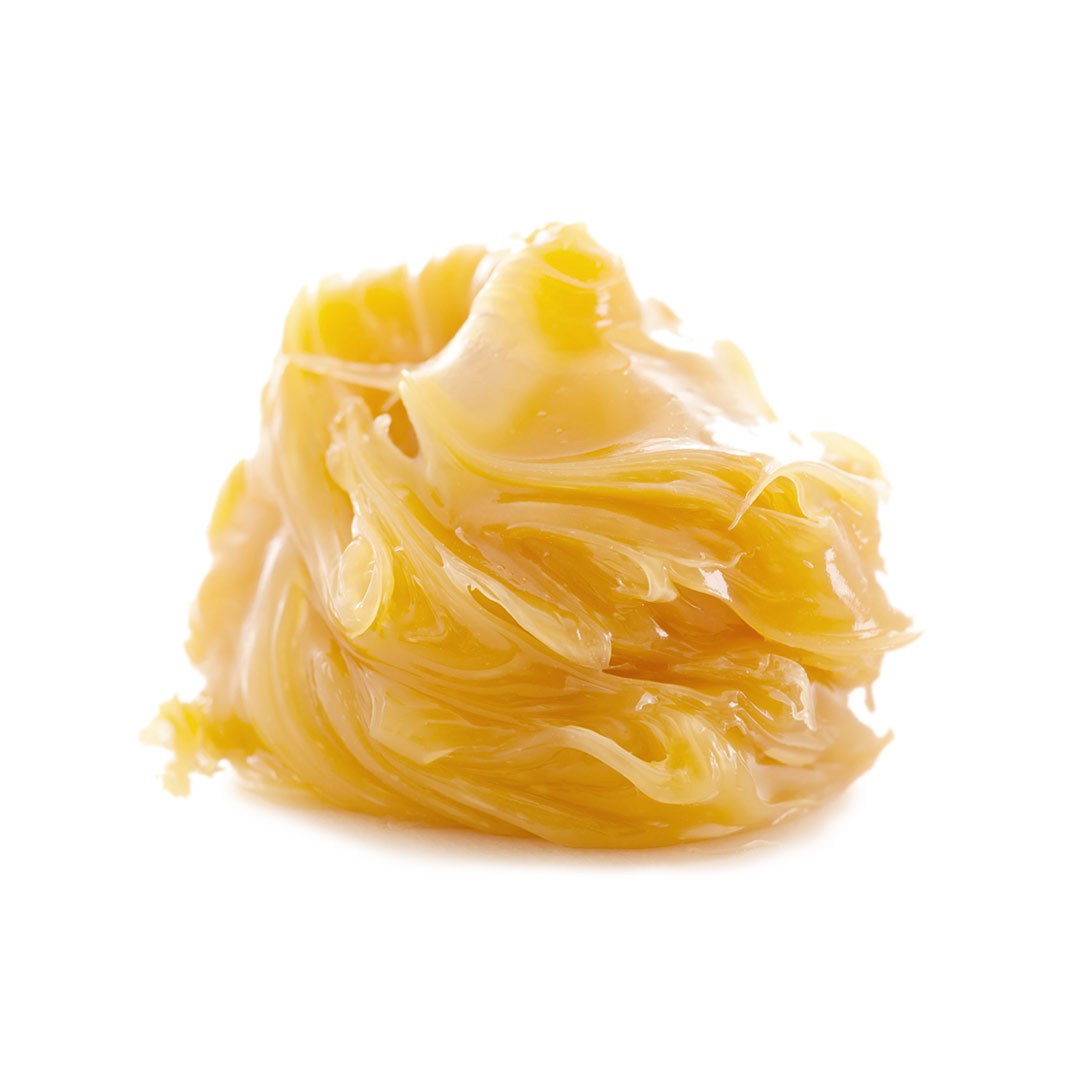Wax from Sheep – Lanolin
Description
Lanolin (from Latin lāna 'wool', and oleum 'oil'), also called wool yolk, wool wax, or wool grease, is a wax secreted by the sebaceous glands of wool-bearing animals. Lanolin used by humans comes from domestic sheep breeds that are raised specifically for their wool. Historically, many pharmacopoeias have referred to lanolin as wool fat (adeps lanae); however, as lanolin lacks glycerides (glycerol esters), it is not a true fat. Lanolin primarily consists of sterol esters instead. Lanolin's waterproofing property aids sheep in shedding water from their coats. Certain breeds of sheep produce large amounts of lanolin.
Lanolin's role in nature is to protect wool and skin from climate and the environment; it also plays a role in skin (integumental) hygiene. Lanolin and its derivatives are used in the protection, treatment and beautification of human skin.
Location

